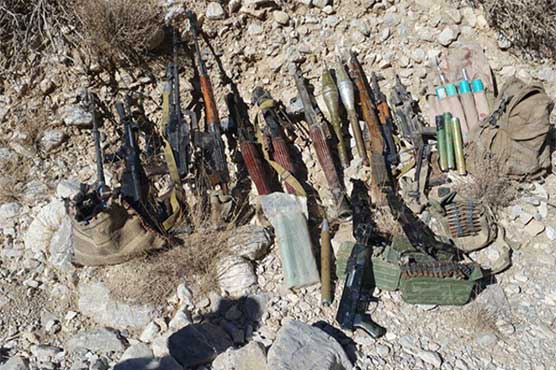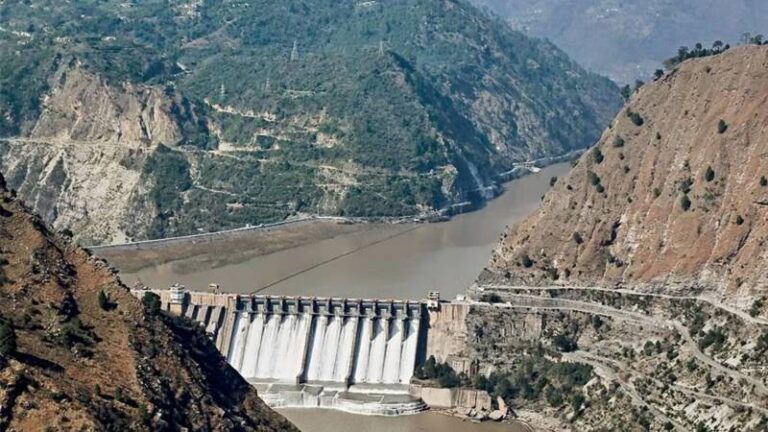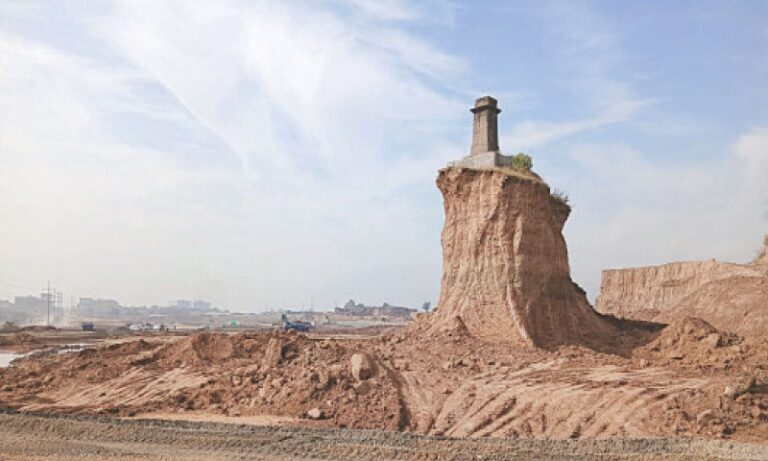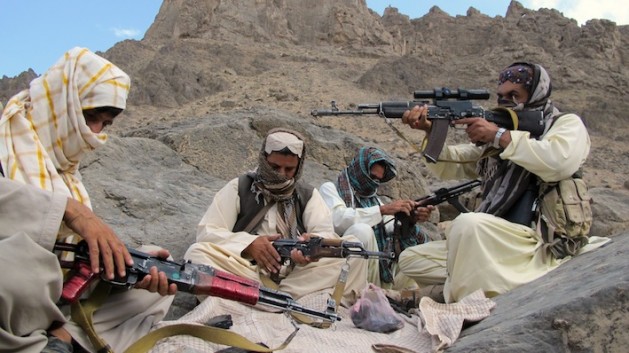Election Over Security?
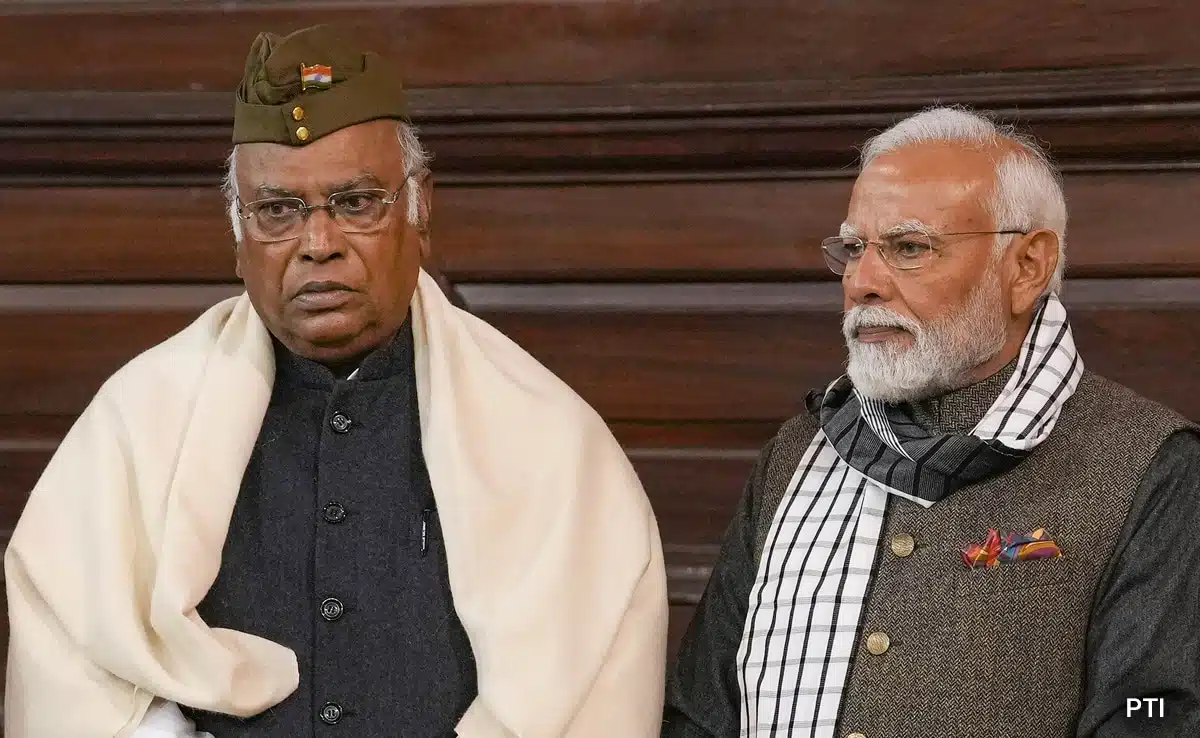 Election Over Security?
Election Over Security?
Congress President Mallikarjun Kharge has ignited a fervent political discourse by alleging that Prime Minister Narendra Modi intentionally concealed actionable intelligence pertaining to the April 22 terrorist assault in Pahalgam, Jammu & Kashmir. Kharge’s incendiary accusation arises during the current national elections, implying that the Modi administration exploited national security for political advantage. The incident, which resulted in multiple fatalities and heightened concerns of rising cross-border hostilities, has now been eclipsed by the alarming assertion that Indian intelligence agencies possessed previous knowledge of the attack, yet the government did not respond promptly.
Kharge believes that intelligence reports indicating a probable terrorist strike were accessible at least three days before to the event. Nonetheless, he asserts that Prime Minister Modi not only refrained from commenting but also deferred his scheduled visit to Srinagar, suggesting a calculated postponement intended to enhance political advantage rather than prioritize public safety. This accusation prompts significant inquiries regarding the precedence of electoral benefit over national security. Kharge asserts that the Modi government’s inactivity facilitated the attack’s progression, indicating a readiness to condone, or even tacitly endorse, violence to further a wider political agenda.
The Congress party asserts that the Modi administration’s reaction to the attack was characterized by a lack of urgency and national unity, instead reflecting a deliberate silence. They contend that this strategy was designed to vilify Pakistan, divert popular ire, and create a rally-around-the-flag phenomenon to enhance the political prospects of the ruling Bharatiya Janata Party (BJP). Kharge asserts that the administration deliberately heightened tensions in an already unstable region, perilously dragging South Asia to the verge of nuclear confrontation. If proved, such claims would signify not only a domestic political scandal but also a serious diplomatic crisis.
The BJP has frequently faced allegations of capitalizing on nationalist feelings and utilizing national security themes for electoral advantage, a claim that has heightened following Kharge’s comments. In this case, Congress asserts that Modi’s silence and later narrative construction were accompanied by a planned media campaign, termed “Godi Media” by detractors, referring to pro-government news outlets, to obscure the facts and manipulate the events in favour of the ruling party. This purported manipulation of public perception by selective reporting and the suppression of dissenting voices raises serious issues regarding press freedom and the integrity of democratic discourse in India.
The broader geopolitical context renders these claims more incendiary. India and Pakistan, both nuclear-capable neighbours, possess a history of conflict intensified by terrorist occurrences, particularly in Jammu and Kashmir. If intelligence was truly withheld or disregarded for political motives, this could have instigated an escalatory spiral between the two nations. Kharge contends that such imprudent political conduct exhibits a blatant disdain for the safety of millions, not only in India but throughout South Asia.
Additionally, numerous international media sources and analysts have commenced an examination of the circumstances pertaining to the Pahalgam incident. Intelligence intercepts and regional alarms were reportedly communicated to security personnel in advance; nevertheless, these warnings were not elevated to senior levels nor acted upon promptly. Critics identify this as a behavioural trend aligned with previous occurrences in which terrorist incidents have been politically exploited. Furthermore, the occurrence of such attacks during electoral periods has progressively aroused scepticism among opposition leaders and independent analysts.
The ramifications of this dispute are significant. If the Prime Minister intentionally concealed intelligence or neglected to respond to credible threats for political advantage, it could represent a significant violation of constitutional responsibility and a grave ethical transgression. Kharge’s allegations transcend ordinary political rhetoric; they highlight a profound dysfunction inside the Indian democratic and security framework, wherein national interest may be compromised for partisan advantage.
Moreover, Kharge’s demand for an international inquiry, possibly by the United Nations, underscores the seriousness of the situation. In a time when terrorism and transnational warfare can swiftly escalate into global crises, any implication of official complicity in permitting or neglecting to avert terrorist acts must undergo thorough examination. The Congress leader says that only an unbiased, third-party investigation can reveal the complete facts and ensure accountability for those involved.
The dispute about the Pahalgam attack and Kharge’s severe allegations against the Modi government fundamentally challenge the integrity of India’s democracy. They urge citizens to re-evaluate the narratives provided to them, to insist on transparency about national security issues, and to hold elected officials accountable for both their acts and their omissions. Amid escalating political division, the demand for transparent governance, an independent press, and accountable leadership has reached unprecedented urgency. The nation is now observing intently as the truth, ideally, surfaces from the haze of rhetoric and misinformation.

